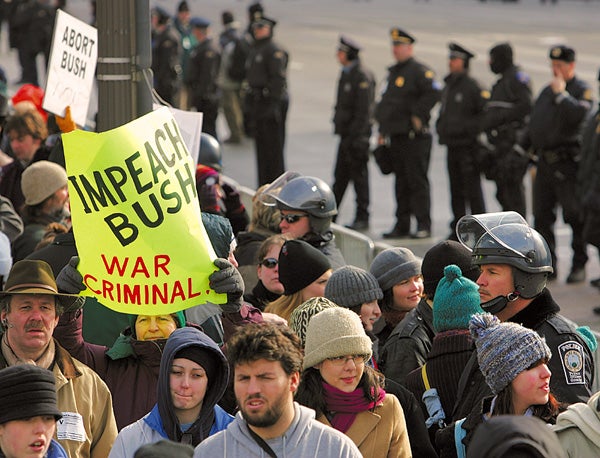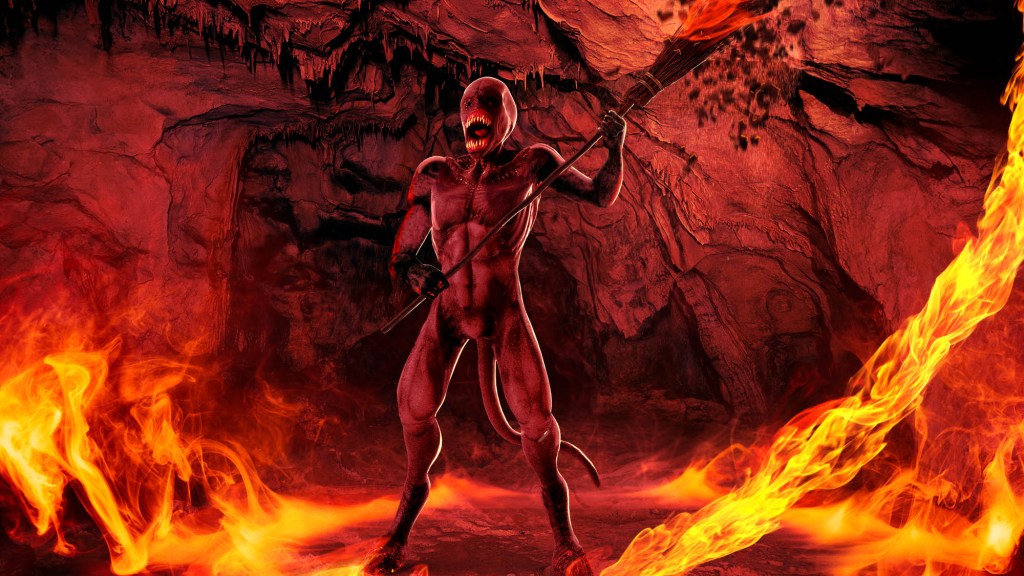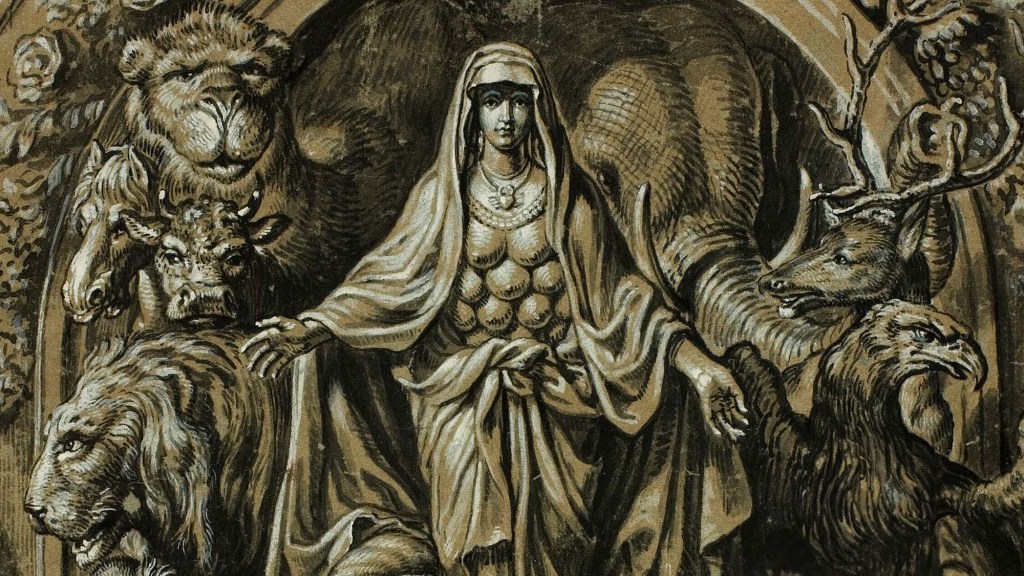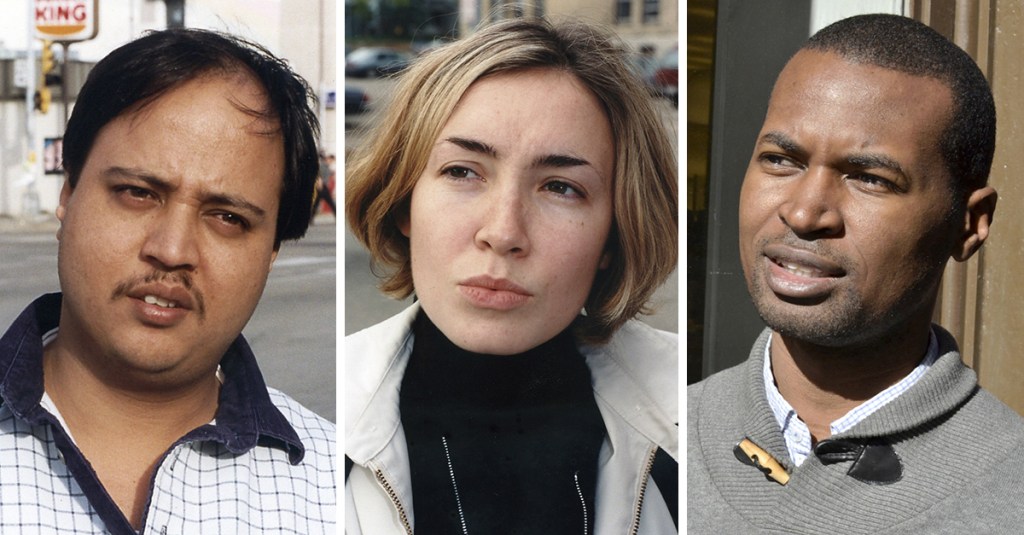WASHINGTON, DC—The counter-inauguration protests held in Washington Wednesday were one person short of success, analysts reported Thursday.
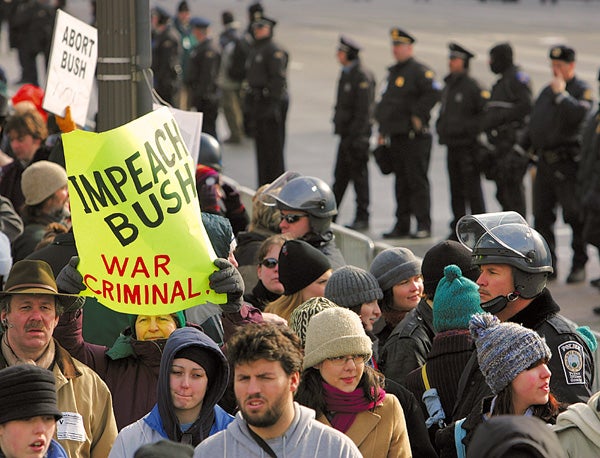
“It’s a pity that so many people who support our cause didn’t make it out,” said Jet Heiko, who organized the protest through his website TurnYourBackOnBush.org. “If one more person had come through for us, Bush would have had a moment of clarity and changed his entire approach to governing America.”
“I guess that one person who didn’t show had other plans,” Heiko said.
Protesters who lined the Pennsylvania Avenue parade route and turned their backs on the president’s motorcade had the stated goal of “forcing President Bush to respond to widespread criticism of his administration.” To the disappointment of Heiko and his fellow protesters, Bush was able to continue to ignore widespread criticism, because of the one person who didn’t show up.
“If 25,000 protesters had turned their backs on Bush, he would have publicly acknowledged that a huge portion of America disapproves of his policies,” Heiko said. “As it is, 24,999 of us wasted our Wednesday on a little monkey charade.”
Polls confirmed that, due to underattendance, the protest also failed to reach its second goal: altering public opinion of Bush.
Casey Baldwin of Lake Charles, LA saw a photograph of the protests on page A32 of the Natchitoches Times.
“There were 24,999 of them standing out there, facing the wrong way,” Baldwin said. “It looked pretty silly, to tell the truth.”
Heiko said he was reluctant to censure the person responsible for turning what would have been a successful protest into an irrelevant social hour.
“Maybe the one person who allowed Bush to ignore the opinions of 45 percent of America has a busy schedule,” Heiko said. “I sure hope he had a good reason for making all 24,999 of us stand out in the cold looking foolish for three hours.”
In Quantum Power To The People, Alan Jeffords explains that protests must attain a “magical number” in order to be effective.
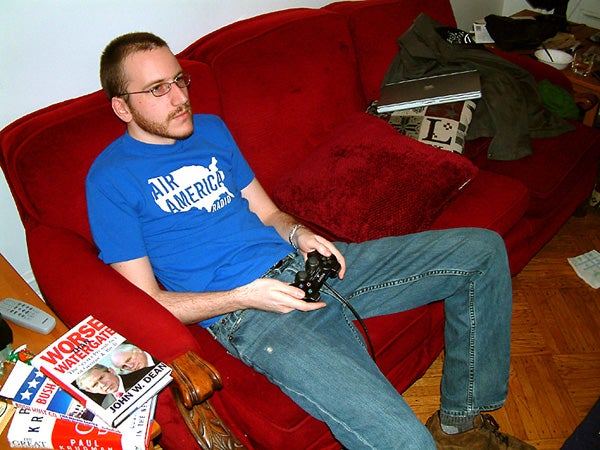
“Often, an individual believes that his participation in a protest isn’t important,” Jeffords said. “This couldn’t be further from the truth. In every protest that has ever failed in the entire history of the world, the failure has been scientifically traced back to a single individual who didn’t bother to show up.”
For both progressive and conservative protesters, this participation tipping point often proves maddeningly elusive.
In 1998, the Sierra Club’s rally to protect an old-growth forest in northeastern Washington failed because Seattle environmentalist Eddie Burgess decided to forgo the protest and “jam with his buddies.”
In 1999, the effort to withdraw city funding from the Brooklyn Art Museum for the Sensation exhibition would have been successful, had Jed Maheu shown up on the exhibit’s opening day. Instead, Maheu spent the day with his daughter, and taxpayer dollars funded the showing of a Chris Ofili painting that used elephant dung and pornographic photos to depict the Virgin Mary.
In April 2003, the massive Not In Our Name protests were one person short of stopping the invasion of Iraq.
Historians agree that a small group of very powerful people has shaped the nation by staying at home.
“Sixty-one people have defined our era,” said Roger Graham, a history professor at the University of California, Berkeley. “If these individuals had chosen to attend politically motivated public gatherings at key moments, we’d be living in a very different country right now.”
Inauguration protester Adrienne Brown said that she’s disappointed, but “naming names doesn’t do any good.”
“You know who you are,” said Brown, who missed work Thursday to drive to Washington, D.C. “It’s your fault that our protest had absolutely no effect whatsoever on the policies of the Bush administration, and you’ve got to live with that.”


